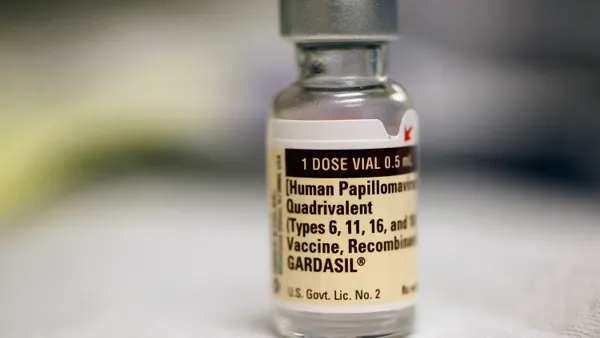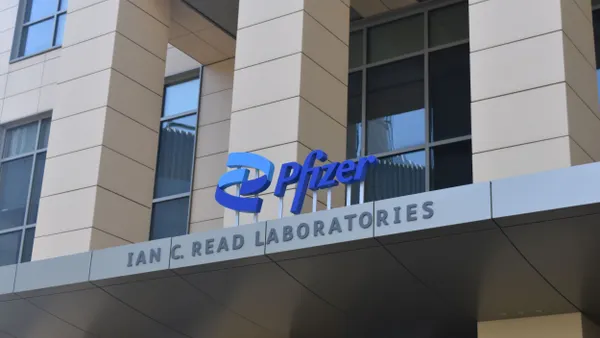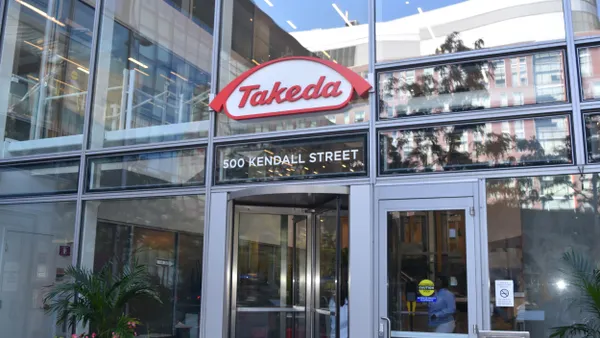Today, a brief rundown of news from Roche and Gilead Sciences, as well as updates from Eli Lilly, Biogen and GSK that you may have missed.
The Food and Drug Administration approved a version of Roche’s cancer immunotherapy Tecentriq that can be administered through an injection just under the skin, the company said Friday. The clearance makes Tecentriq Hybreza the first checkpoint inhibitor available via a subcutaneous injection, beating competing programs from Merck & Co. and Bristol Myers Squibb. Roche’s shot is approved to treat all the cancers Tecentriq is used against, among them tumors of the skin, lung and liver. It delivers Tecentriq over the course of about seven minutes, compared with the 30 to 60 minute intravenous infusions the original version requires, Roche said. — Jonathan Gardner
A twice-yearly HIV shot developed by Gilead reduced the risk of infection by 96% compared to background disease incidence, the company said Thursday. The finding comes from a Phase 3 trial of nearly 2,200 cisgender men and gender-diverse people, and follows the success of another late-stage study in June. As a result, Gilead has stopped the blinded portion of the trial and will "work urgently" to bring the shot, called lenacapavir, to patients. The company expects to begin regulatory filings this year, with an initial launch possible in 2025. — Ned Pagliarulo
Biogen has two new independent directors, announcing Thursday the appointments of Lloyd Minor and Menelas Pangalos. Minor is currently vice president of medical affairs at Stanford University and dean of Stanford's School of Medicine. Pangalos, meanwhile, is a pharmaceutical industry veteran. He was at Wyeth, Pfizer, and then AstraZeneca for 14 years before retiring this spring as head of biopharmaceuticals research and development. Caroline Dorsa, chair of Biogen's board, said Minor and Pangalos will bring "fresh perspectives" at a time when the company is trying to strengthen its portfolio and achieve sustained growth. — Jacob Bell
Sanofi will pay 100 million euros to secure rights to an experimental radiopharmaceutical drug for a rare form of cancer that emerges from neuroendocrine cells. The licensing and collaboration deal, with U.S.-based biotech RadioMedix and French radioisotope producer Orano Med, represents Sanofi's entry into the fast-growing field. While the drug in question is aimed at the same target and cancer as Novartis' Lutathera, it uses an alpha particle-emitting lead isotope, rather than beta-emitting lutetium. — Ned Pagliarulo
Eli Lilly will spend $1 billion to expand a manufacturing site in Limerick, Ireland, from where it plans to produce the active drug ingredient for its newly approved Alzheimer's disease medicine Kisunla, among others. The company began construction of the Limerick site in 2022 and expects it to start making drug ingredients there in 2026. The expansion is part of the largest manufacturing investment campaign in the company's history, spurred in part by its success in Alzheimer's and obesity. — Ned Pagliarulo













